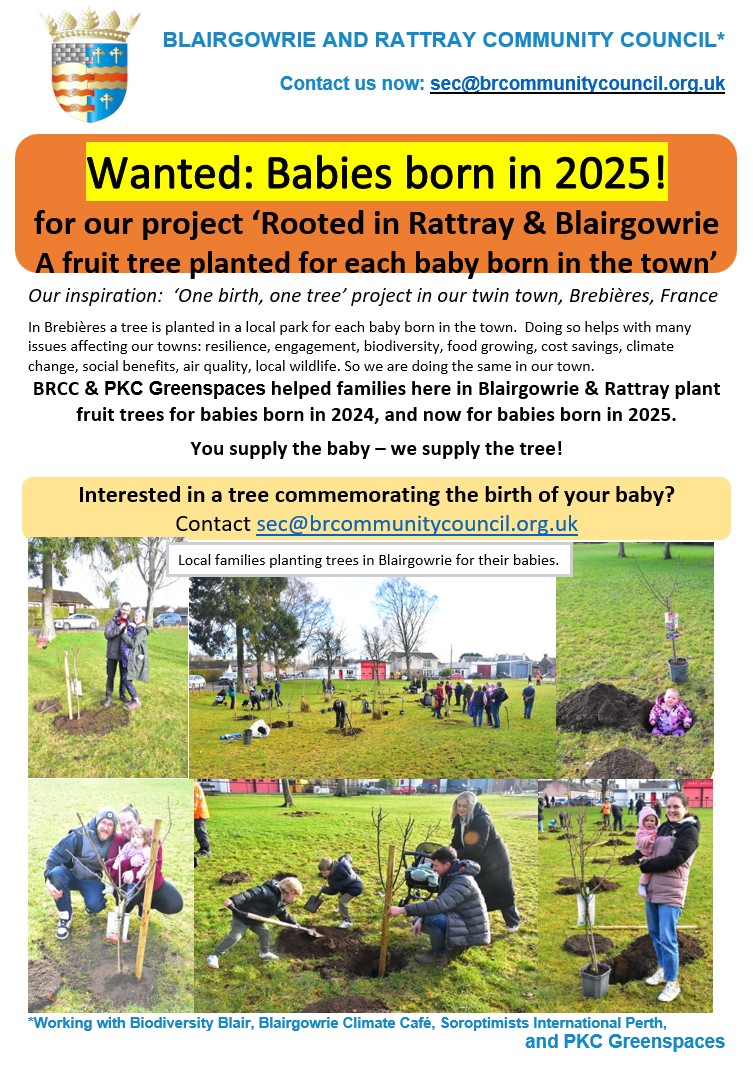Scottish Waste From All Sources 2022
Date: Friday 29 March

This is a policy statement and relates to the Official Statistics Publication for Scotland – Scottish Waste From All Sources 2022 published at 9.30am on Tuesday 26 March 2024.
Highlights are:
- Scottish recycling rate reaches all time high as Scottish households, businesses and public services recycle 62.3% of all waste in the latest data (2022) from Scotland’s environmental watchdog, SEPA.
- The recycling rate increased 5.3% from the 57.0% rate in 2021 – reflecting economic recovery from the pandemic and an increase in the proportion of construction and demolition material recycled.
- Scotland continues to reduce its reliance on landfill – with only 23.2% of all wastes ending up in landfill – an all-time low.
- Supporting the shift from landfill is the small but important role played by energy from waste (incineration) facilities, which saw an 8.3% increase in Scottish waste being treated by incineration in 2022.
Scots are recycling more than ever before as the nation’s recycling rate hits an all-time high in data released by Scotland’s environment watchdog, SEPA.
The Scottish Environment Protection Agency (SEPA) have published the Scottish Waste From All Sources 2022 Official Statistics, which provide details on waste from Scottish households, businesses and public services.
Scotland generated 10.16 million tonnes of waste, with 62.3% recycled - the highest recycling rate recorded since the start of the current series in 2011.
This data reflects the increase in the proportion of construction and demolition waste, as the construction industry rebounded following the pandemic.
Scots also continued to reduce their reliance on landfill – with 23.2% of all wastes ending up in landfill, for an all-time low figure of 2.30 million tonnes.
Supporting the shift from landfill is the small but significant role played by energy from waste (incineration) facilities, which saw an 8.3% increase in Scottish waste being treated by incineration in 2022.
Vicki White, Head of Materials at SEPA said:
“The fact that Scots are recycling more than ever before is great news, with our highest recycling rate on record. The latest data not only shows we’re recycling more and landfilling less, but also that Scottish businesses are continuing to respond to consumers who are continuing to call for less waste and greater resource efficiency.
“Whilst its clear there’s more to do, this latest data is both encouraging and a key milestone in our journey to a more resource efficient, net zero economy.”
A key to driving Scotland’s recycling performance is the construction and demolition sector, which saw a further recovery from the pandemic in the latest SEPA data.
The sector has been boosted by innovation and investment by businesses such as Scottish specialist recycler Brewster Brothers. The company, based in Livingston, won the Scottish Government and SEPA backed Scottish Vision in Business Awards Scotland (VIBES) Circular Scotland Award in 2023.
The company, which takes construction, demolition and excavation waste from the construction sector and recycles it before selling it back to the construction industry, has invested in new capacity to meet market demand for high quality recycled aggregate products with assistance from Scottish Enterprise’s Green Jobs Fund.
Scott Brewster, Managing Director of Brewster Brothers, said:
“Scotland’s construction sector recognises that recycling waste and re-using high quality recycled sand and gravel is not only the right thing to do environmentally and socially, but it makes sense economically too.
“A key to supporting Scotland’s construction sector is modern, efficient and effective recycling infrastructure across Scotland. At Brewster Brother’s we’re committed to that journey, investing in Scottish infrastructure that has diverted over 1.3 million tonnes of waste from landfill and produced about a million tonnes of recycled aggregates to date. It’s a real Scottish success story that has plenty of capacity to grow further, given over a quarter of waste soils (excavation waste) still ends up in landfill.”
Previous Posts

A9 Dualing - Meet the contractor
Your opportunity to meet the contractor who ... Read More >

Baby born in 2025?
BRCC is delighted to advi... Read More >